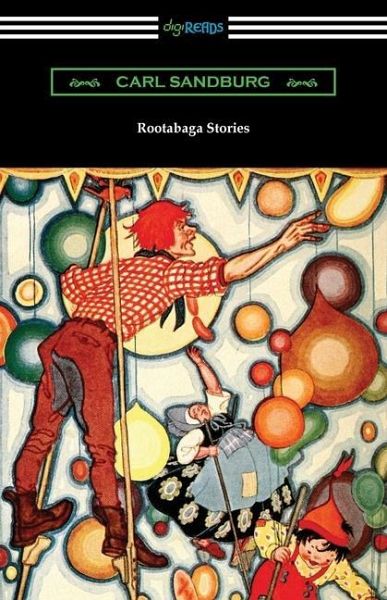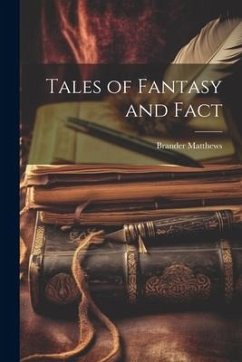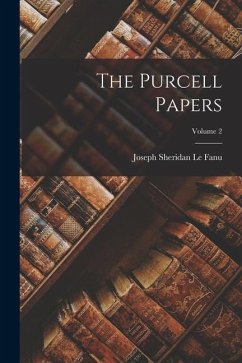
Rootabaga Stories
Versandkostenfrei!
Versandfertig in über 4 Wochen
10,99 €
inkl. MwSt.

PAYBACK Punkte
5 °P sammeln!
American author and poet Carl Sandburg, best known for the poetry that attributed to two of his three Pulitzer Prizes, also wrote histories, biographies, novels, and children's stories. Born in Illinois, Sandburg spent most of his life in the Midwest before moving to North Carolina in 1945, where he lived until his death. In the early 1920s Sandburg began writing children's stories for his three daughters, beginning with his "Rootabaga Stories", one of three collections of stories set in the small towns and farms of the American Midwest. The stories were widely read and enjoyed for their uniqu...
American author and poet Carl Sandburg, best known for the poetry that attributed to two of his three Pulitzer Prizes, also wrote histories, biographies, novels, and children's stories. Born in Illinois, Sandburg spent most of his life in the Midwest before moving to North Carolina in 1945, where he lived until his death. In the early 1920s Sandburg began writing children's stories for his three daughters, beginning with his "Rootabaga Stories", one of three collections of stories set in the small towns and farms of the American Midwest. The stories were widely read and enjoyed for their unique nonsensical style and distinctly American feeling. Sandburg wanted to create something different than the traditional European fairy tales, explaining that he was "tired of princes and princesses and I sought the American equivalent of elves and gnomes". He certainly succeeded with "Rootabaga Stories". The beautifully nonsensical writing, illogical grammar, and fantastical settings set the stage for such memorable characters as the Potato Face Blind Man, Hatrack the Horse, and Red Slippers. This edition is printed on premium acid-free paper.












